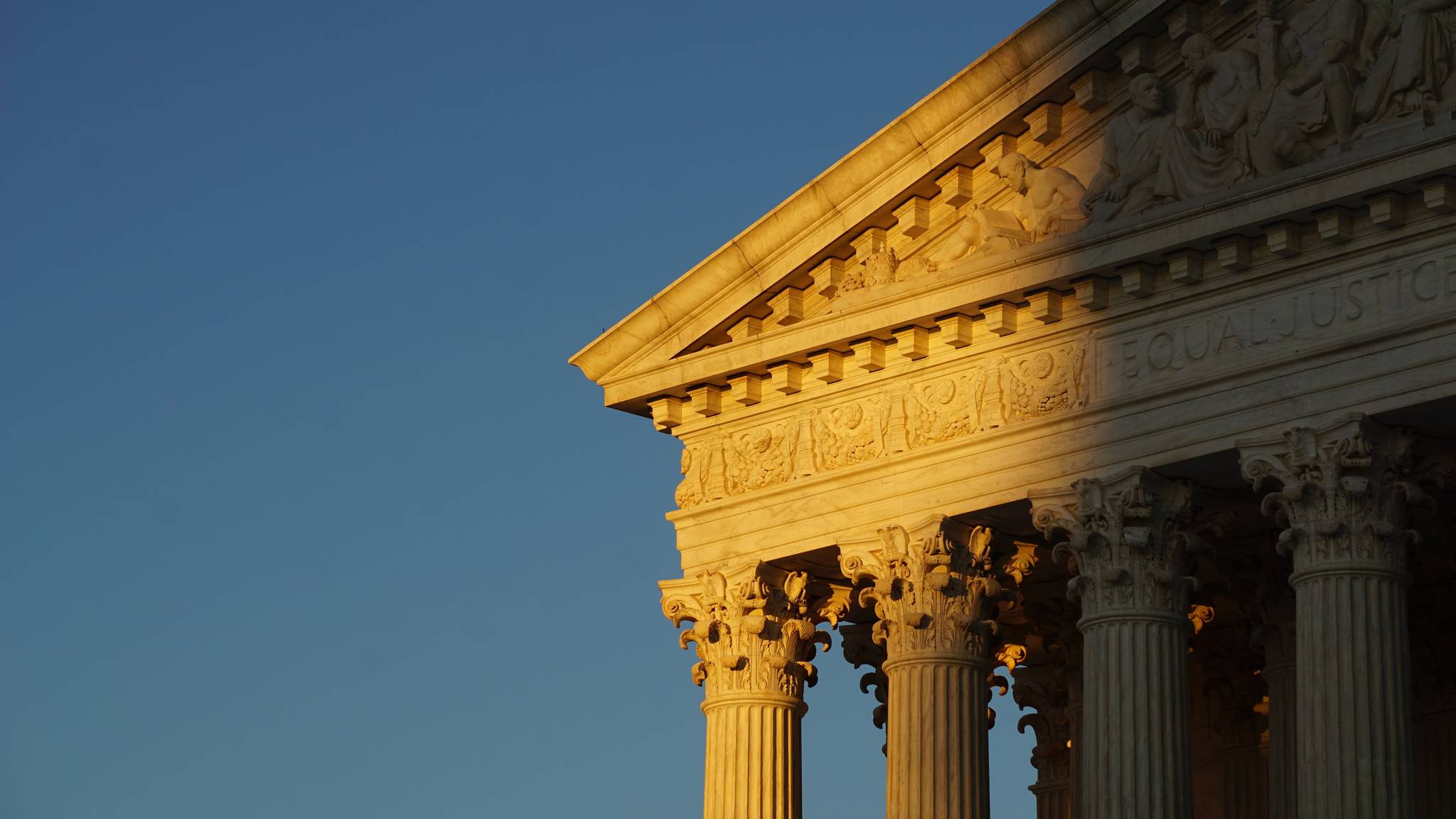Douglas K. Mertz
In 2002 a Juneau high school student was suspended by the principal after he displayed a banner saying “Bong Hits 4 Jesus,” off campus but at an event students were released to watch. In 2018, a student in Pennsylvania was suspended for writing critical, profanity laced comments about her school, after she was denied a place on the cheerleading squad. Her statement was written off-campus and electronically distributed on Snapchat, a social media platform popular among students. Both students received school disciplines. Both students took their free speech claims all the way to the U.S. Supreme Court.
In the Juneau case, the Supreme Court held that because the principal could have construed the words “bong hits” as a pro-drug reference, the case fell within a new exception to student free speech for speech that may promote drug use. After that decision, the student spent several more years in lower courts explaining how he never intended his banner to promote drug use, and eventually the Juneau School District agreed to remove the suspension from his record and paid a substantial amount to him and his attorney. (I was his attorney, by the way.)
The Pennsylvania case, Mahanoy Area School District v. B.L., was decided this week. The Supreme Court held that the school’s discipline of the student was unconstitutional. The Court repeated what it has said in the Bong Hits case, that in-school speech is not grounds for discipline unless it came within some narrow exceptions or causes a strong likelihood of substantial disruption of the school’s educational process. And it found that the student’s rant, although offensive, was not grounds for school discipline because it was done outside of school and there was small likelihood of a negative effect on the school’s educational processes. The court, by an 8-1 vote, reaffirmed that students have First Amendment rights outside of school and do not lose those rights when they enter school grounds.
What should we make of these two decisions?
First, students have strong free speech rights, subject only to narrow exceptions; and second, school administrators, in both these cases and in many others in the lower courts, have failed to understand the nature of free speech in our Constitution and have missed an opportunity for a teaching moment.
In both cases, if the principal had taken the student aside and said, “I know you have free speech rights, but you should know that what you did was frankly lousy judgment and in the long run could only hurt student free speech, so please rethink what actions are best when you want to express yourself.” If the two principals had done this, the two students would probably have learned a good lesson and the two school districts would have saved thousands in legal fees, not to mention embarrassment.
Why do school administrators so often fail to take an opportunity to make student behavior into a teaching moment? We’ve seen case after case in which they see student behavior as a challenge that they must meet, to prove themselves the arbiters of student behavior.
I believe part of the answer lies in the lack of education on American civics, something dropped from most high school curricula decades ago, indeed before most current teachers and administrators were out of high school. A strong grounding in American government and constitutional rights might lead them to recognize that constitutional rights exist and are a bedrock of American life; that student rights should be respected; and that they would do better by talking about those rights and celebrating them with students.
Instead, the steady stream of cases that come to the courts about arbitrary and wrongful disciplinary measures only go to show how little many students and educators know about civics. Basic civics should be a mandatory part of high school education. When there are conflicts, administrators should seek to make them teachable moments, not tests of administrator versus student.
• Douglas K. Mertz is a Juneau attorney who has specialized in civil rights law. He argued the Bong Hits 4 Jesus case in the Supreme Court, on behalf of the student.

